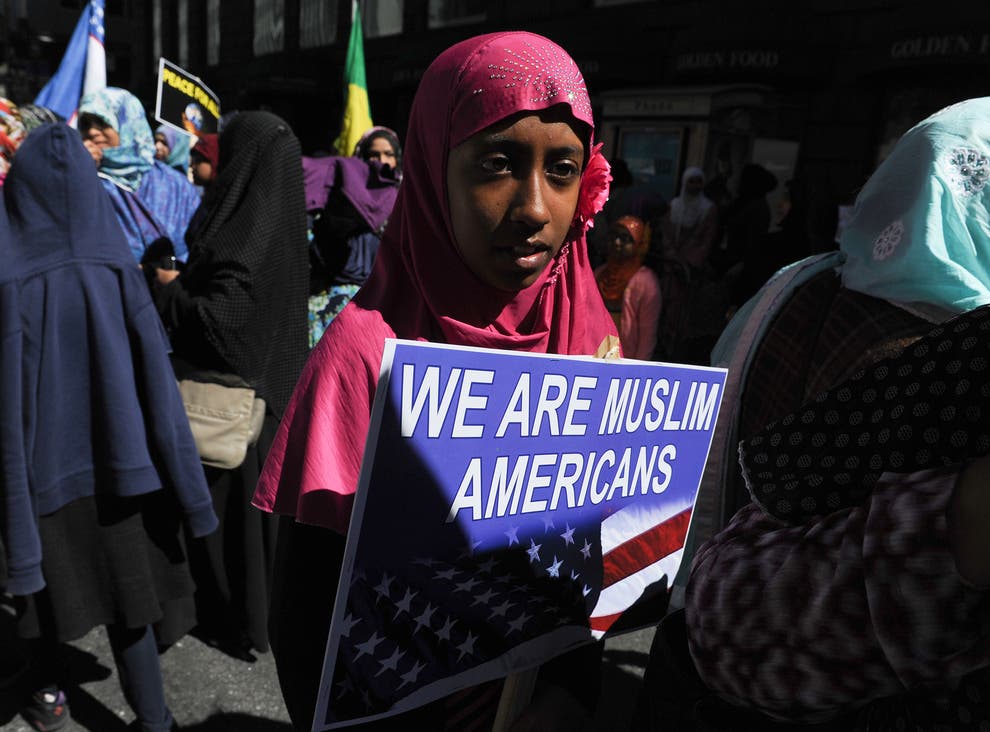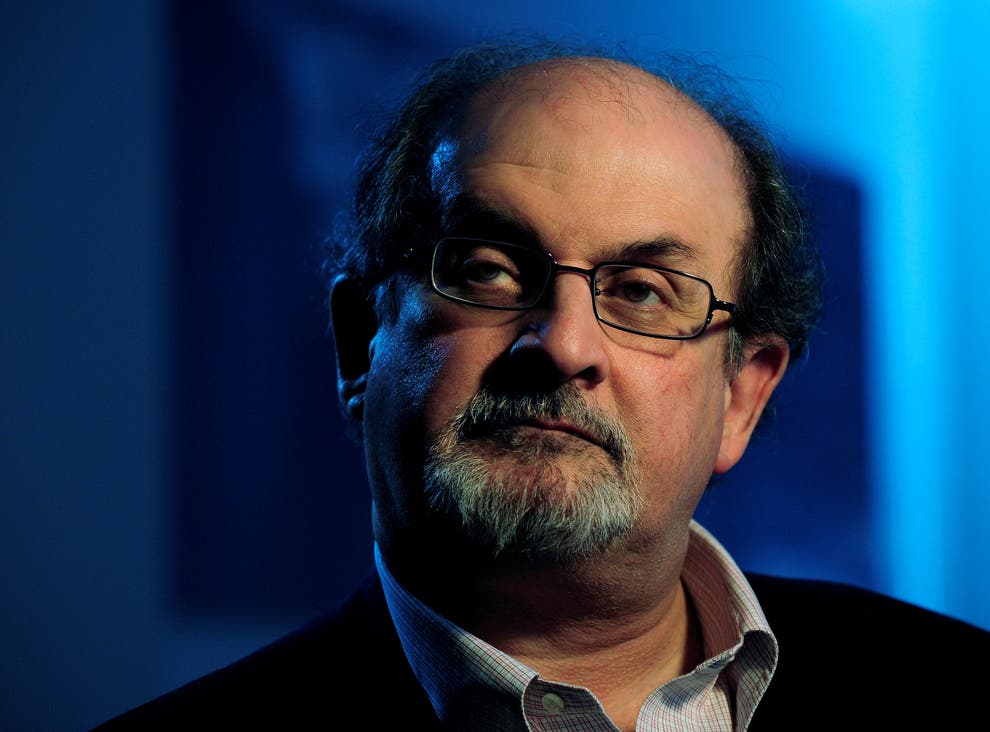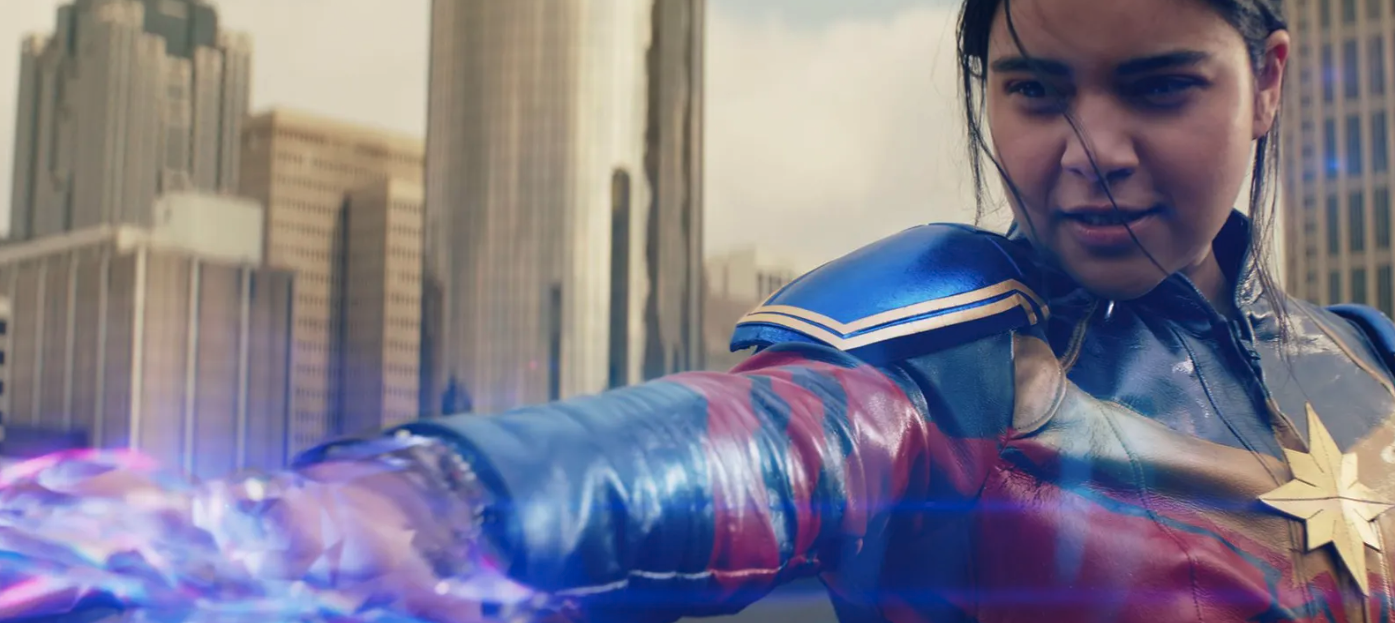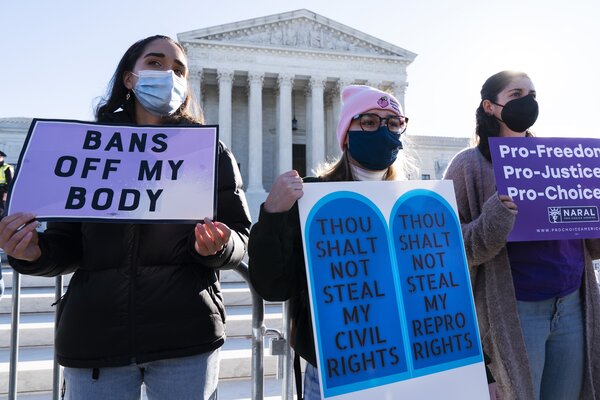April 24, 2014
Past the towering tridents that survived the World Trade Center collapse, adjacent to a gallery with photographs of the 19 hijackers, a brief film at the soon-to-open National September 11 Memorial Museum will seek to explain to visitors the historical roots of the attacks.
The film, “The Rise of Al Qaeda,” refers to the terrorists as Islamists who viewed their mission as a jihad. The NBC News anchor Brian Williams, who narrates the film, speaks over images of terrorist training camps and Qaeda attacks spanning decades. Interspersed with his voice are explanations of the ideology of the terrorists, rendered in foreign-accented English translations.
The documentary is not even seven minutes long, the exhibit just a small part of the museum. But it has suddenly become over the last few weeks a flash point in what has long been one of the most highly charged issues at the museum: how it should talk about Islam and Muslims.
With the museum opening on May 21, it has shown the film to several groups, including an interfaith advisory group of clergy members. Those on the panel overwhelmingly took strong exception to the film and requested changes. But the museum has declined. In March, the sole imam in the group resigned to make clear that he could not endorse its contents.
The screening of this film in its present state would greatly offend our local Muslim believers as well as any foreign Muslim visitor to the museum,” Sheikh Mostafa Elazabawy, the imam of Masjid Manhattan, wrote in a letter to the museum’s director. “Unsophisticated visitors who do not understand the difference between Al Qaeda and Muslims may come away with a prejudiced view of Islam, leading to antagonism and even confrontation toward Muslim believers near the site.”
Museum officials are standing by the film, which they say they vetted past several scholars.
The terms “Islamist” and “jihadist” are frequently used in public discourse to describe extremist Muslim ideologies. But the problem with using such language in a museum designed to instruct people for generations is that most visitors are “simply going to say Islamist means Muslims, jihadist means Muslims,” said Akbar Ahmed, the chairman of the Islamic studies department at American University.
“The terrorists need to be condemned and remembered for what they did,” Dr. Ahmed said. “But when you associate their religion with what they did, then you are automatically including, by association, one and a half billion people who had nothing to do with these actions and who ultimately the U.S. would not want to unnecessarily alienate.”
For his part, Bernard Haykel, a professor of Near Eastern studies at Princeton University, defended the film, whose script he vetted.
“The critics who are going to say, ‘Let’s not talk about it as an Islamic or Islamist movement,’ could end up not telling the story at all, or diluting it so much that you wonder where Al Qaeda comes from,” Dr. Haykel said.
The museum declined to make the film available for viewing by The New York Times.
The New York Times: http://www.nytimes.com/2014/04/24/nyregion/interfaith-panel-denounces-a-9-11-museum-exhibits-portrayal-of-islam.html?_r=0






